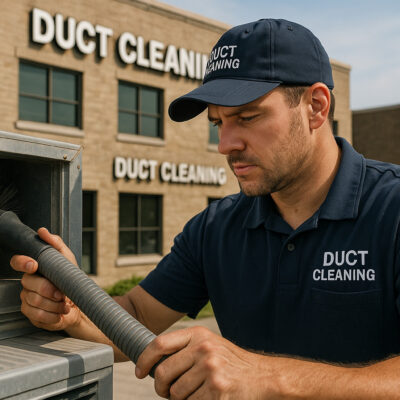When your home’s heating and cooling system starts to fail, replacing it can be one of the most important and costly decisions you make. The total cost can vary quite a bit, depending on the size of your home, the type of system, and labor involved. Before diving into prices, it’s helpful to understand what exactly goes into the cost.
What Is Included in a Heating and Cooling System?
A full system usually includes a furnace (or heat pump), air conditioner, ductwork (if needed), and a thermostat. Modern systems may also feature zoning options, air purifiers, or energy-saving add-ons. Each component plays a key role in keeping your home comfortable during every season.
If you live in a place like Magnolia, Texas, where temperatures range from chilly winters to hot and humid summers, having a reliable and efficient system is essential. Replacing both the heating and cooling system together can often save on installation costs and improve energy performance.
Average Replacement Cost
On average, replacing a full heating and cooling system in the U.S. can cost anywhere from $7,000 to $15,000. This wide range depends on several factors:
- Type of system: Central air, ductless mini-splits, heat pumps, or hybrid systems
- System size: Based on your home’s square footage and insulation
- Efficiency rating: High-efficiency systems cost more but save money over time
- Labor and installation: Varies based on location and contractor rates
For example, a standard 2,000 sq ft home might need a 3- to 5-ton unit, which directly affects the equipment and installation price.
Interested in Heating System Installation in Magnolia, TX? Be sure to work with professionals familiar with local climate needs and building codes to ensure long-term comfort and efficiency.
Other Factors That Affect Price
Here are a few more things that can impact the final cost:
- Ductwork condition: Replacing old or damaged ductwork adds to the bill.
- Electrical upgrades: Newer systems may require updated wiring or circuit panels.
- Permits and inspections: Local regulations might require permits, especially if the layout changes.
- Removal of the old system: Hauling away and disposing of the old unit isn’t always included in the quote.
Keep in mind that while it may be tempting to go with the cheapest bid, a poor installation job can cause long-term issues like uneven heating, higher energy bills, and frequent repairs.
Energy Efficiency and Long-Term Savings
One of the biggest advantages of replacing your HVAC system is better energy efficiency. Newer units are designed to consume less power while providing the same or better performance. This means you can expect lower energy bills and a smaller carbon footprint.
Look for systems with ENERGY STAR ratings or high Seasonal Energy Efficiency Ratio (SEER) and Annual Fuel Utilization Efficiency (AFUE) ratings. Though these systems may cost more upfront, they pay off in the long run.
Financing and Rebates
Many homeowners worry about the upfront cost of a new heating and cooling system. Fortunately, there are financing options available through most reputable HVAC companies. Also, check if your utility company or state offers rebates for installing energy-efficient equipment.
Why Proper Installation Matters
Even the best HVAC system can fail if it’s not installed correctly. Poor sizing, bad ductwork, or sloppy connections can lead to reduced performance. That’s why it’s important to hire experienced, licensed professionals who understand your home’s specific needs.
Many homeowners in the area have trusted Home Comfort Solutions for their HVAC needs. Known for their prompt service and honest recommendations, they’ve built a strong reputation for doing the job right. If you’re considering a replacement, their team offers detailed inspections and reliable guidance to make the process easier.
Final Thoughts and Cost Estimate Summary
Here’s a quick recap of what you can expect when replacing your home’s heating and cooling system:
| Component | Estimated Cost |
| New System (equipment) | $5,000 – $10,000 |
| Labor & Installation | $2,000 – $5,000 |
| Extra Services (ductwork, electrical, permits) | $500 – $3,000 |
| Total Average Cost | $7,000 – $15,000 |
Be sure to get a full breakdown from any contractor before signing. Understanding the full scope of work helps you avoid surprise charges later.
